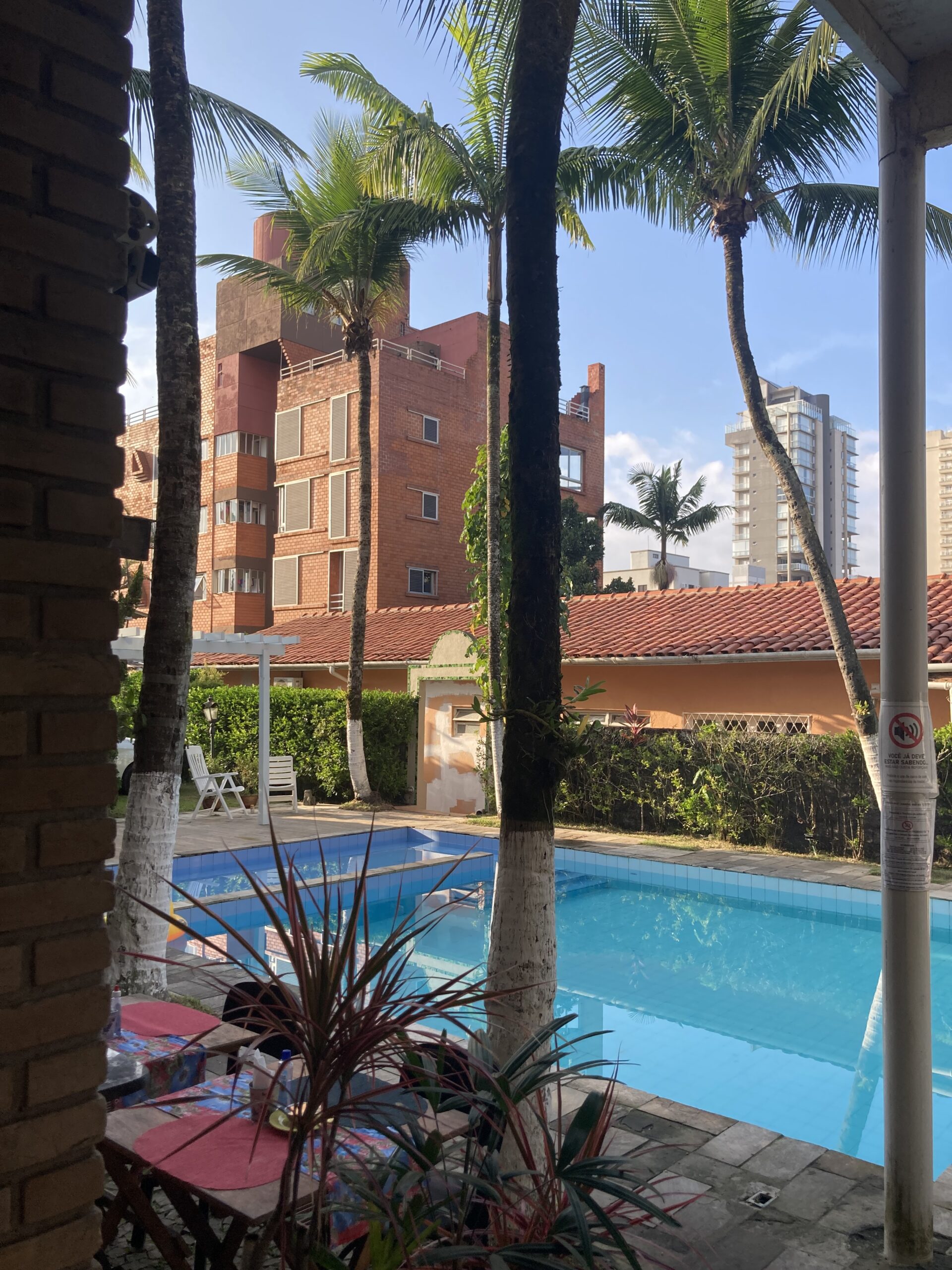
Mental Health Struggles During Study Abroad: The Importance of Self-Care
Studying abroad is one of the most special experiences a college student can have, oftentimes it’s one of the first times many of us have been outside of the U.S. by ourselves. You gain new experiences, make new friends, and learn so much about the country you’re studying abroad. I’m studying abroad in São Paulo, Brazil and I have learned so much about Brazilian culture and traditions, my Portuguese has improved tremendously, and I’ve made meaningful friendships with the locals and the people on my program. I’ve had an amazing time here so far exploring the city with friends and not only have I learned so much about São Paulo and its history, but also I’ve learned a lot about myself. Before studying abroad, I was terrified of encountering difficult feelings of discomfort or missing out on things happening back home, and I wasn’t sure how I’d be able to take care of myself during my time in Brazil. There were also some personal things happening in my life that made me question whether or not I would be able to fully immerse myself in my study abroad experience without feeling held back, on top of that, I struggle with mental illnesses. I was thankful to have applied for accommodations through my study abroad program before arriving in Brazil since it alleviated some of my anxiety regarding fulfilling my academic duties on time and if anyone who is studying abroad is thinking even in the slightest about whether or not to apply for accommodations, I highly recommend it.
Despite the positive and beautiful moments I’ve experienced here, there were many ups and downs I faced through my time here in Brazil. To think that one won’t experience sadness, loneliness, or any other negative emotions while studying abroad is a bit unrealistic. Whether it was over things going on back home or things happening while in Brazil, I did find myself sometimes depressed or overwhelmed with what was happening in my life, and sometimes I didn’t know how to handle it. The faculty in my program, which is CET’s São Paulo Social Justice study abroad program, always had their doors open for students to talk about their struggles and concerns beyond academics, but I know how hard it can be for students to open up about the things they’re going through. Especially if you’re anything like me, private and reserved, especially in regards to mental health issues– I understand that sometimes it might be easier to self-isolate and ignore the things that are bothering you because it can be hard to be vulnerable with others. And sometimes it is good to take time alone for yourself, but self-isolation or ignoring your struggles will only make these feelings worse, and negatively impact your study abroad experience.
For those of you who struggle with mental illnesses or even for those who find themselves feeling down or lonely– I want to offer some advice on taking care of yourself and your needs during study abroad. Studying abroad is both a wonderful and challenging time for students to grow and learn about themselves and the world around them, so it’s important to always prioritize your well-being first above all else. Stepping away from your school work and going out on walks (always make sure to stay safe), practicing breathing exercises or doing something you enjoy, like painting, drawing, music, exercising, are ways to give yourself a break and process what you’re feeling. Watching a movie with friends or by yourself, partaking in self-care acts such as using face masks, painting your nails, washing your face, or even lying down in bed to rest for a while are all important ways that make sure you’re taking proper care of yourself even when it’s hard to do so. Remember the support systems you have and rely on them, these are people who love and care for you regardless if they’re miles away, call your family and friends, or set time to talk to them over text. Something that greatly helped me was setting time aside to talk to my best friend from home. I would not only feel better after talking to her, but she helped guide me through my feelings and provided clarity on some of the things I was anxious about. And keep in mind the ways you practice self-care and self-therapy at home, bring those methods with you while you’re studying abroad. Engage with those things that help make you feel better. Above all else, talk to the people in your program or faculty members. They’re always there to help you through tough times and provide guidance on what you can do to healthily cope with your emotions, or at the very least provide validation and a listening ear when you really need it.
